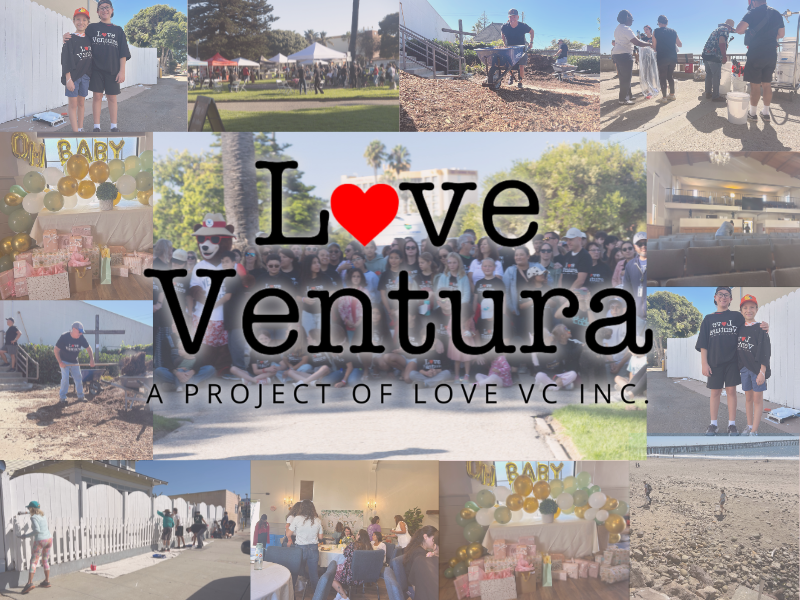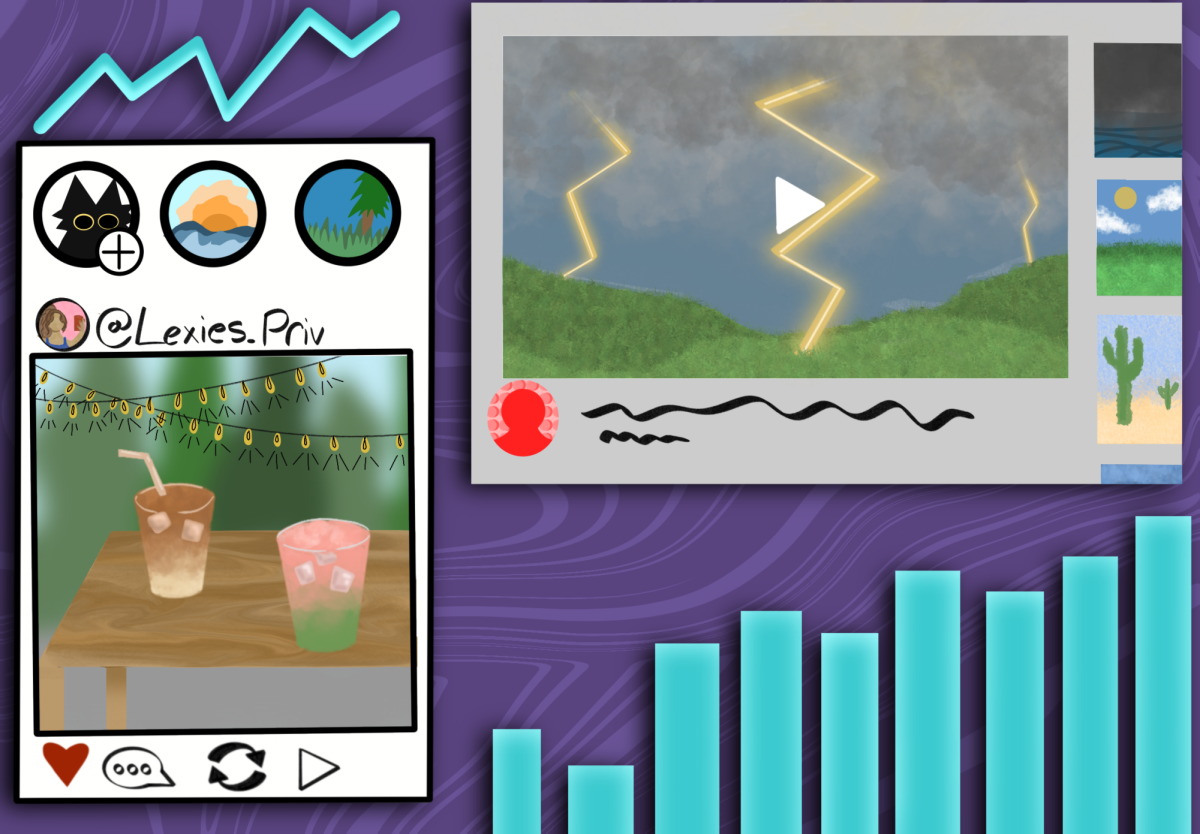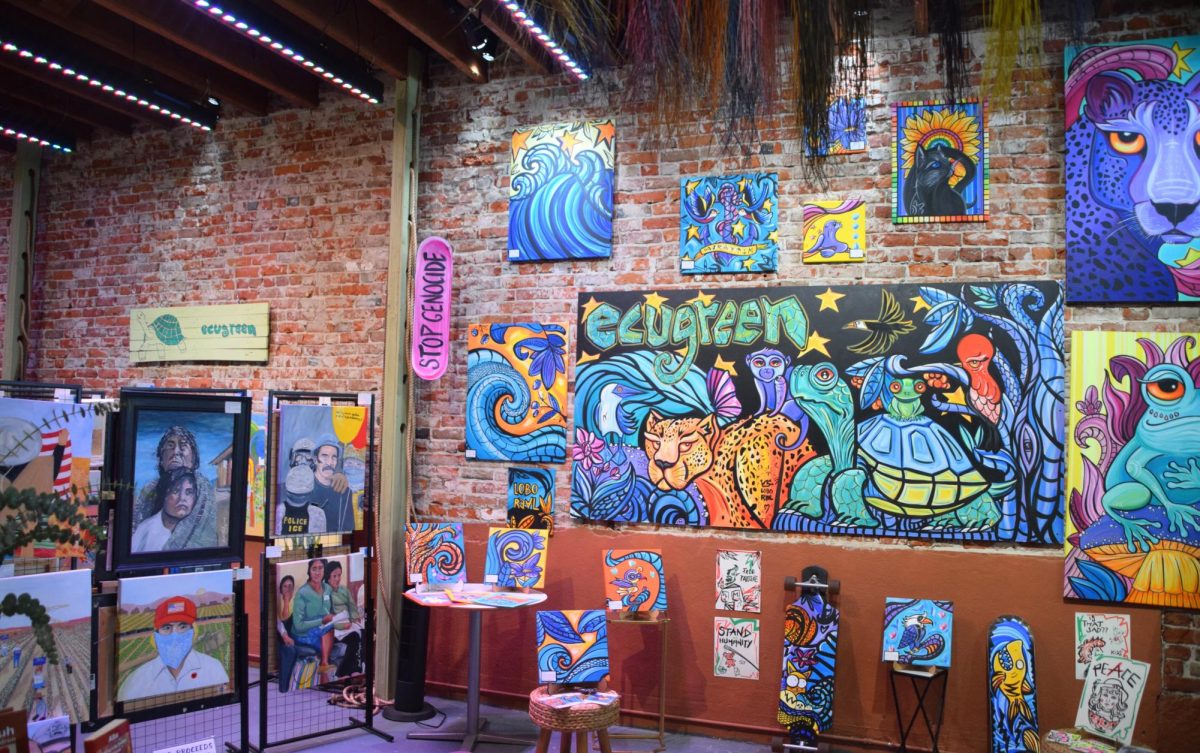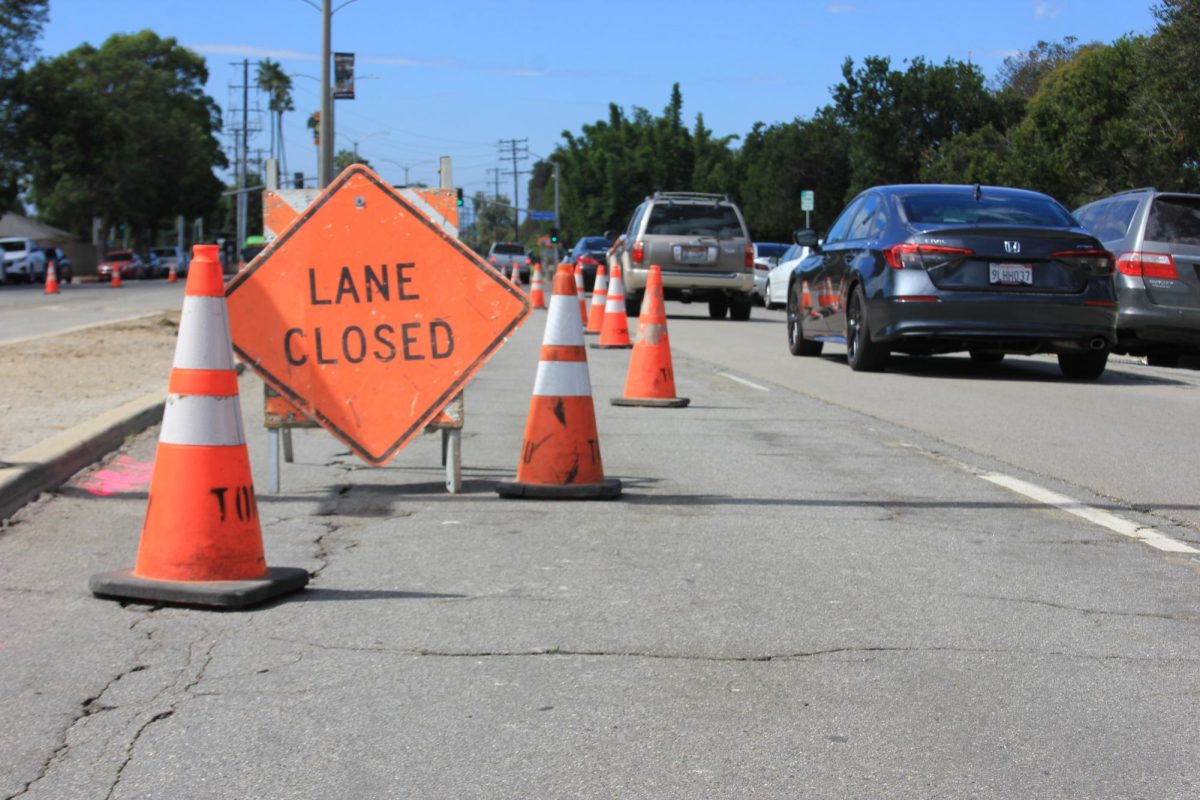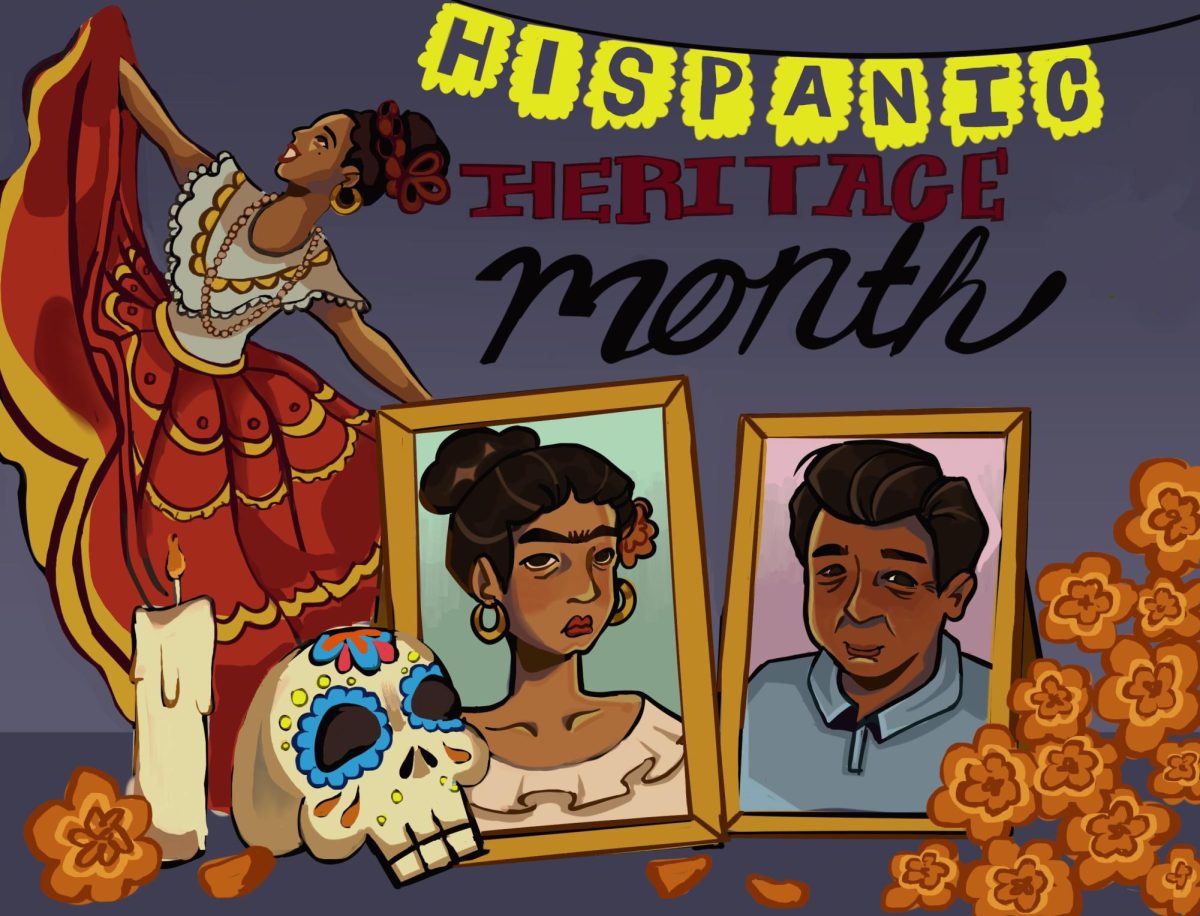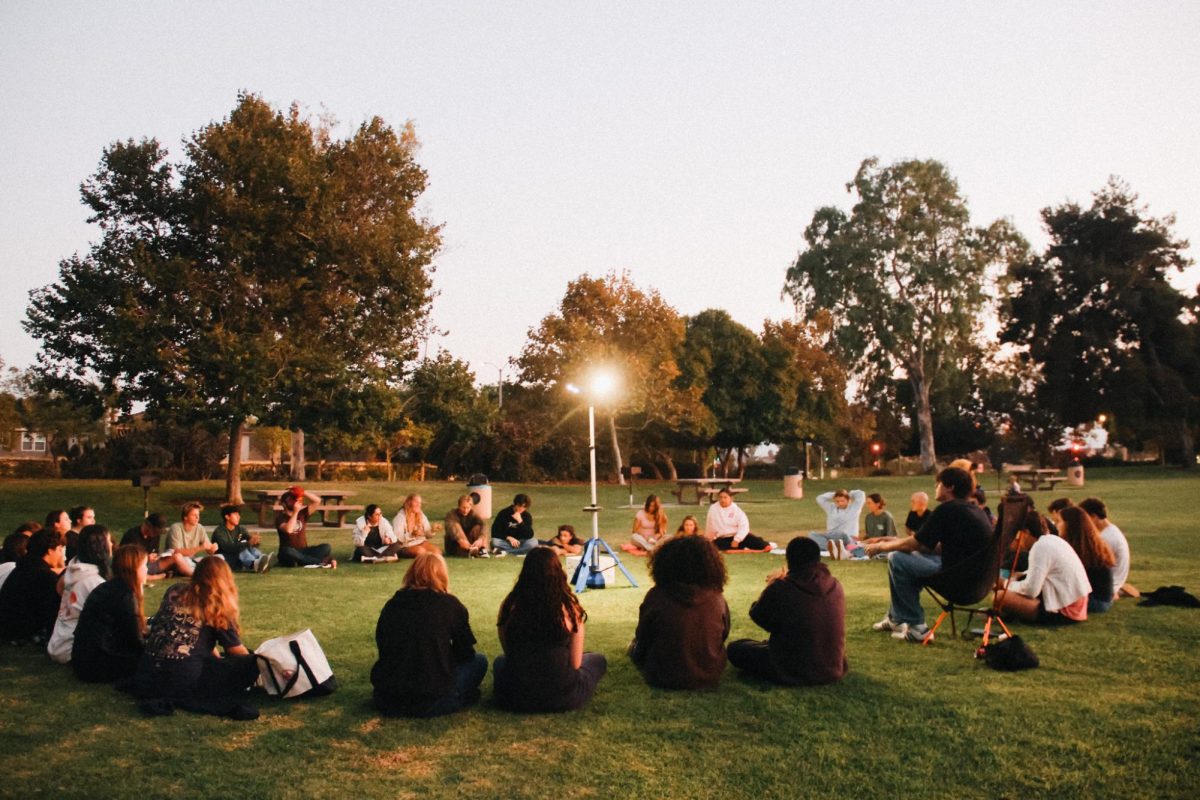
Going through trash cans to find leftovers from students’ lunches is a typical routine for sophomore Rebecca Nelson’s black lab, Nick. While the one-year-old dog has the usual playful behavior of a puppy, he is in training for a much more serious role.
Nelson began her community service project during the summer, hoping to combine her need for hours and love of animals. She was matched up with Nick through the Guide dogs of America organization. The organization gives labs to volunteers to train and prepare them to serve someone who is visually impaired.
Nelson received certain guidelines and was expected and fulfill a time commitment once given her lab.
“We train him basic obedience and we socialize him to as much experiences as possible. I had to be prepared to put in time and be more responsible,” she said.
The process of training the guide dogs spans over a course of months, ensuring that the dogs will be ready for their new owner. Nelson is about to reach Nick’s evaluation.
“All dogs have nine month evaluations, but after he’s 18 months old he goes, and I lose contact with him. Then he stays there for another six months,” Nelson said. “During his six months of further training they’ll take him out to Petsmart and Vons, so they’ll see how he does in public.”
Senior Sage Fazzone knows Nelson through softball and school. She believes that the community service project has not only helped the organization, but Nelson as well.
“[Guide dogs of America] helps people who have disabilities be able to go out more. It makes life easier. [Rebecca is] changing her lifestyle for the dog and helping him out as well as him helping her be a better person,” she said.
Senior Carolina Canosa, who is visually impaired, admires the organization and its volunteers for contributing towards something that will hopefully help her one day.
“The people training these guide dogs are learning about the blind community and how hard it can be. And they start to understand a bit more. I think its a great opportunity for anybody; I really admire anyone who does it,” she said.
Canosa is an active participate and counselor for the Junior Blind of America, through which she has helped other visually impaired teenagers become self-reliant. Canosa will be going off to college next year and hopes to get a guide dog of her own to better equip her for the new transition.
“I’m thinking about applying for one in the future, once I have a routine. It would make me more independant and have more self-confidence knowing that I have someone with me to help me out,” she said.
Canosa describes the guide dog as being helpful to spot cracks, holes, and bumps. While its guidance is limited, it still assists with daily routines.
Nelson hopes that Nick can ultimately pass his evaluation and be of service to those who are visually impaired. This organization has given Nelson a chance to be apart of something that is different for her.
“I just think it’s really good that they let ordinary people like me train seeing-eye dogs for the blind, which is kind of crazy because sometimes teenagers aren’t the most responsible people in the world. So I’m happy I get to be apart of this,” she said.

